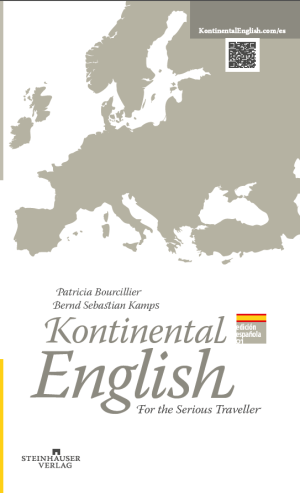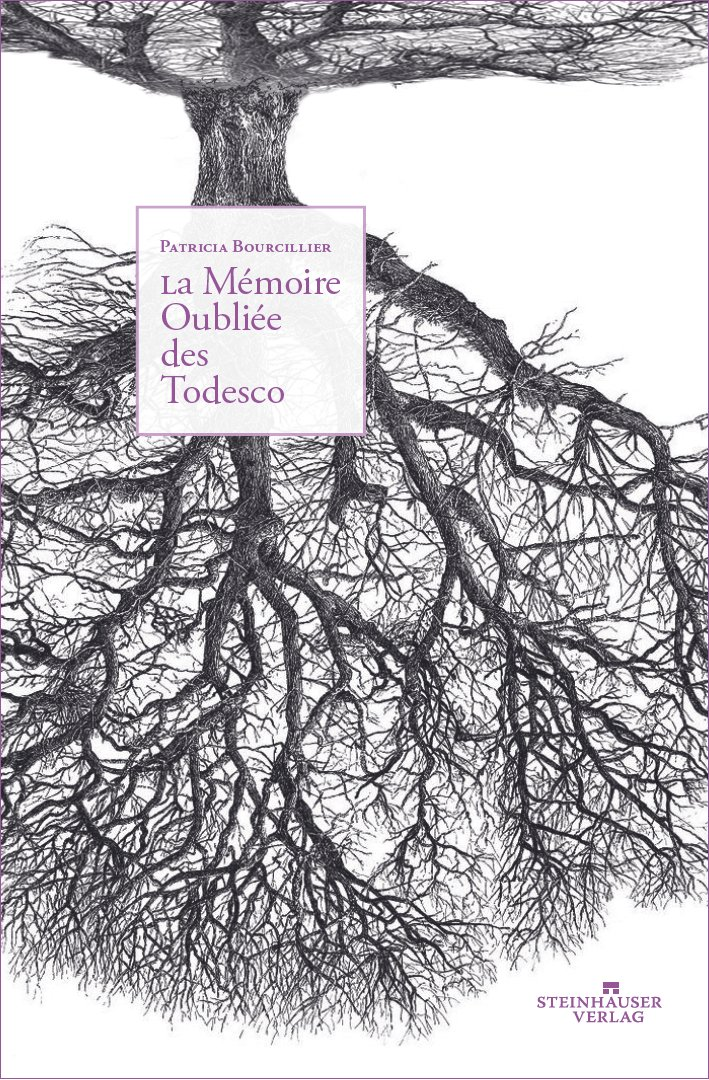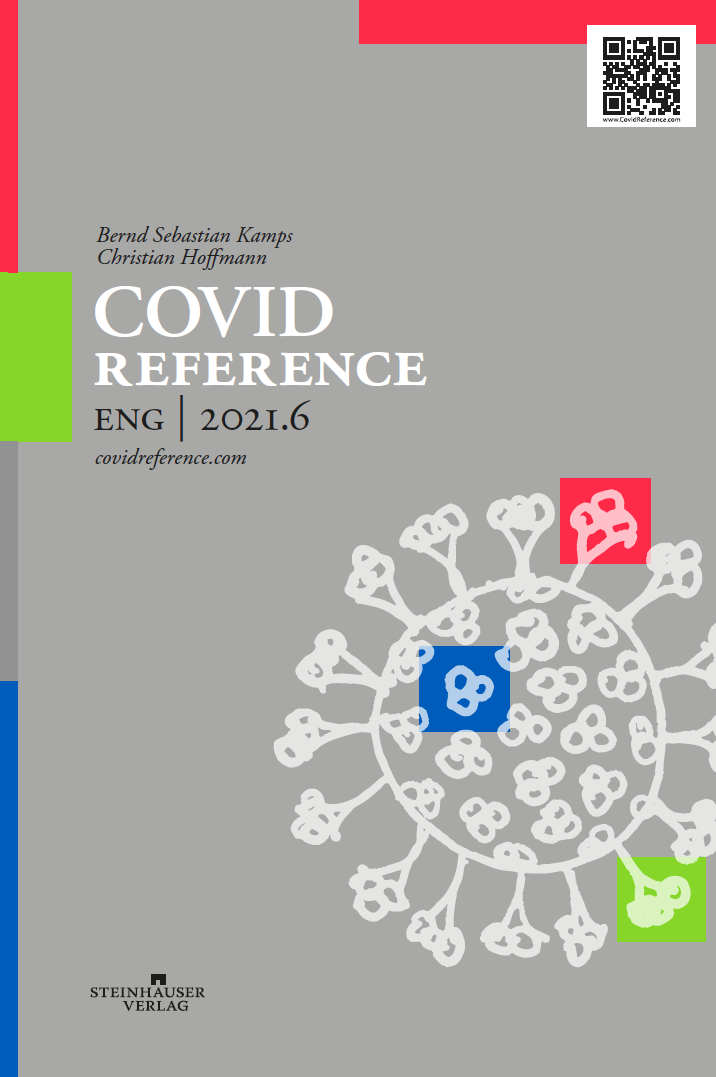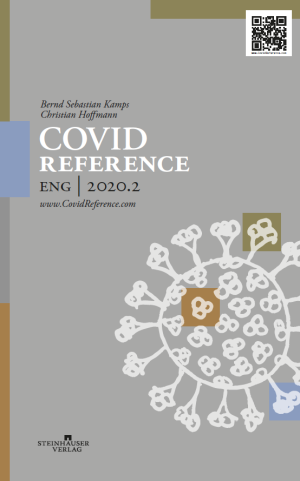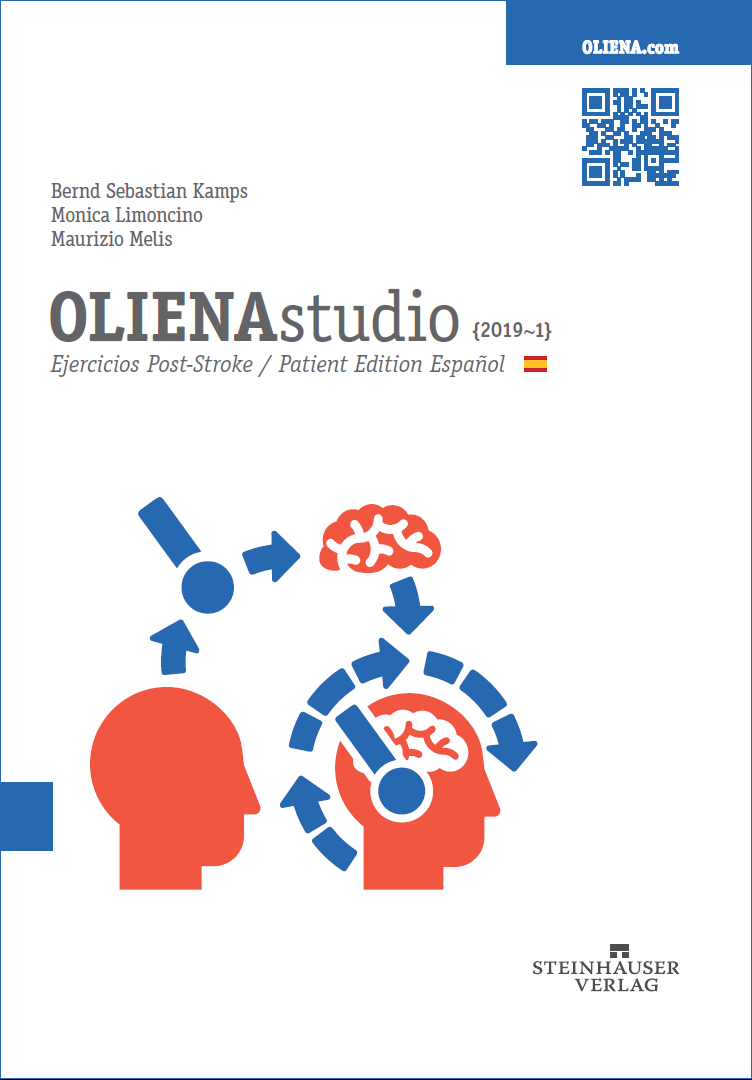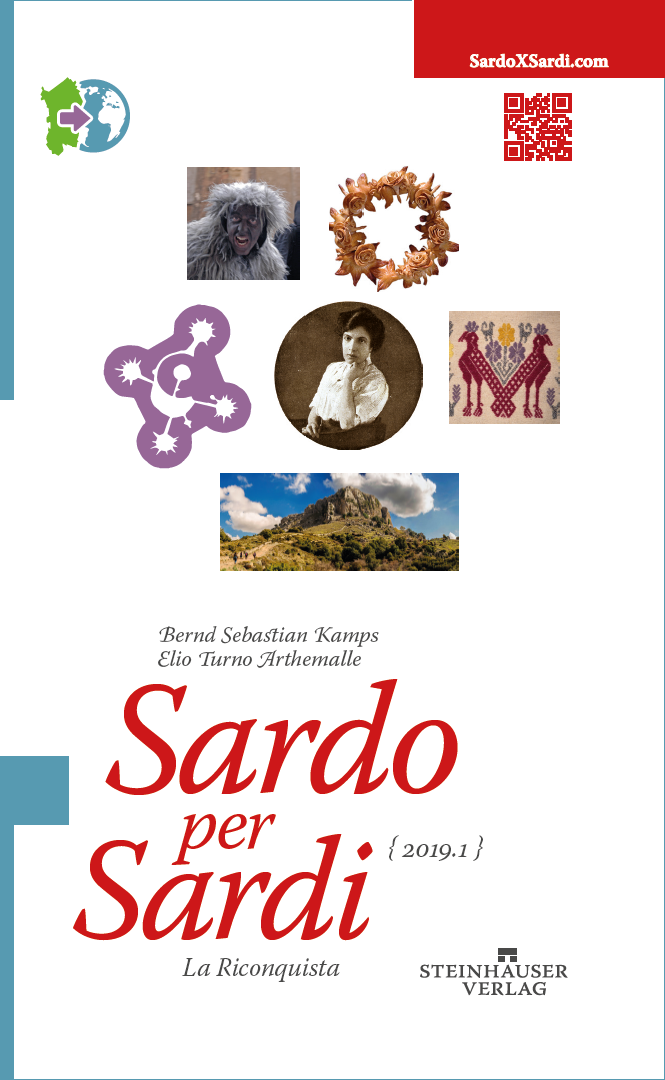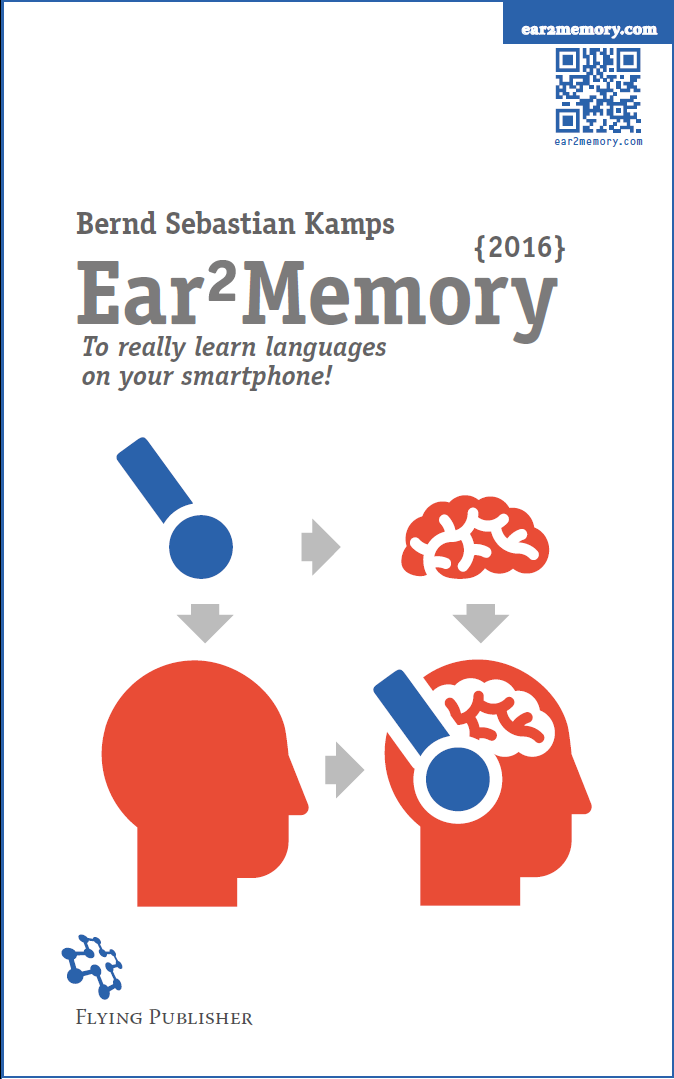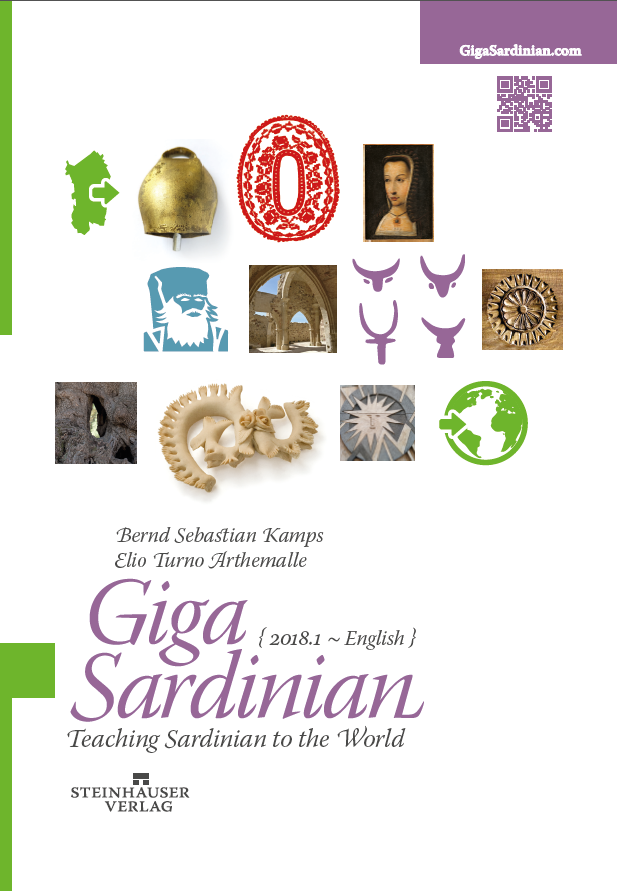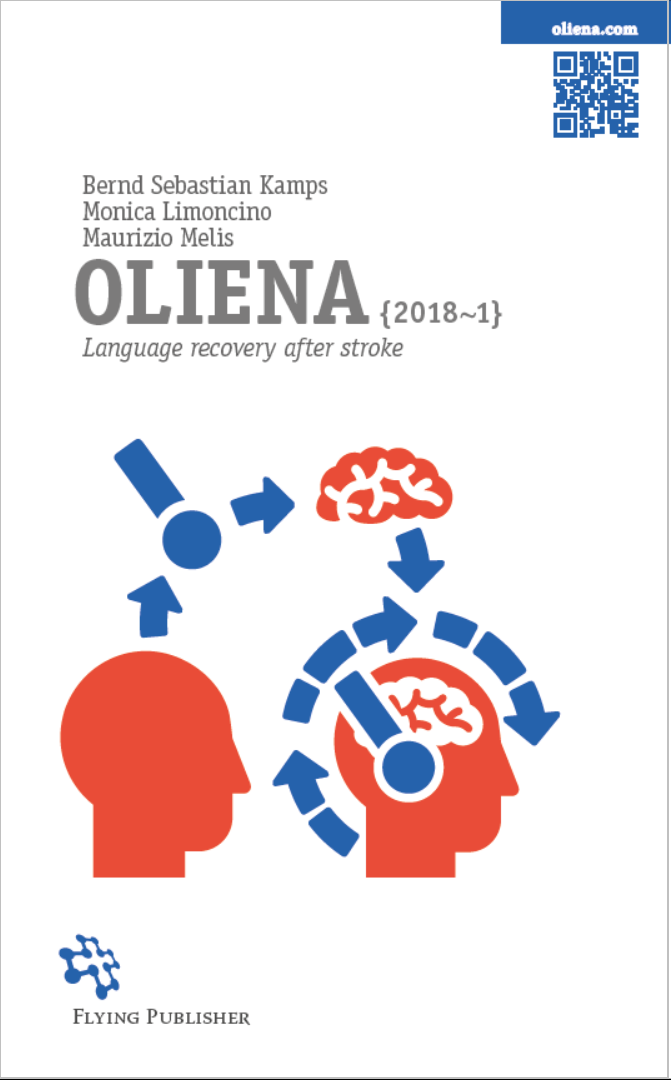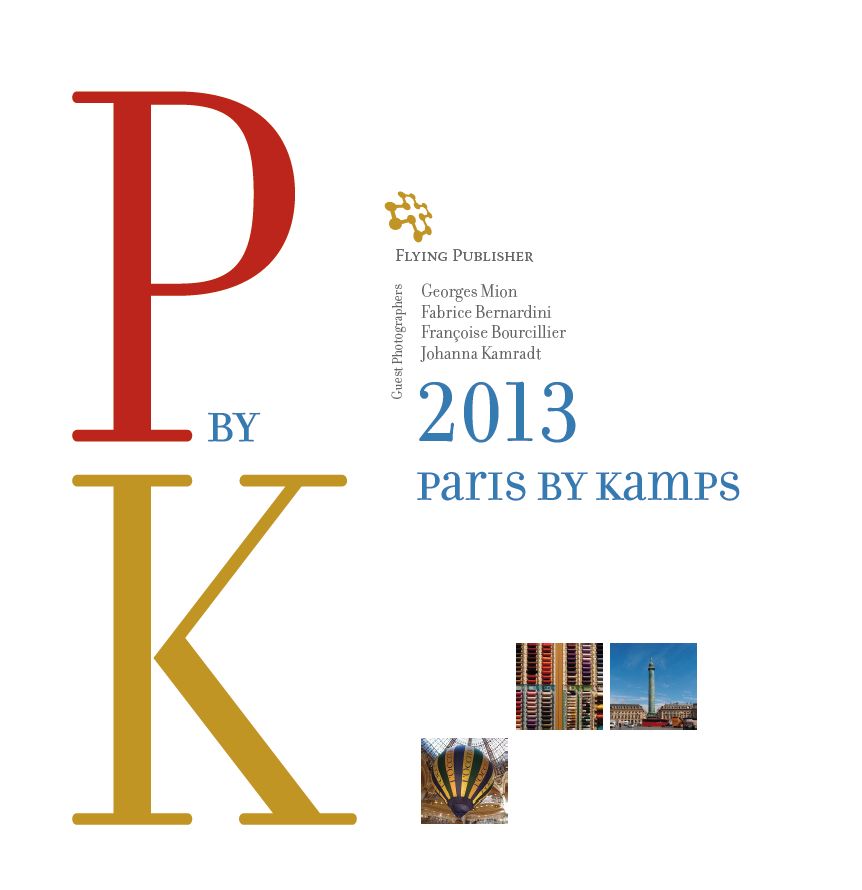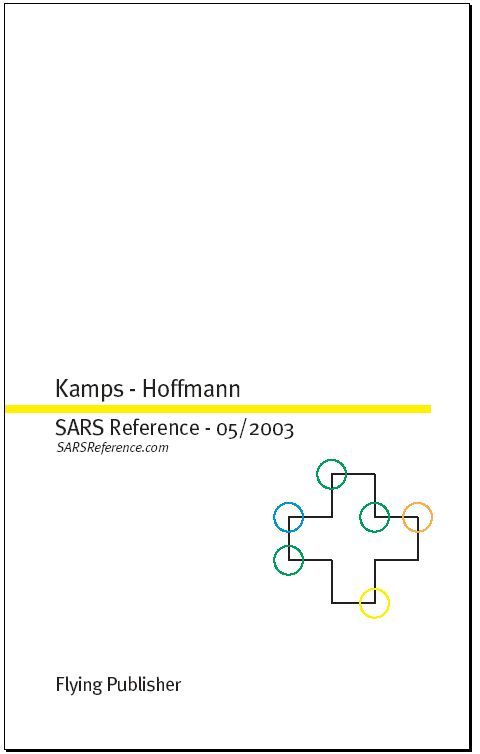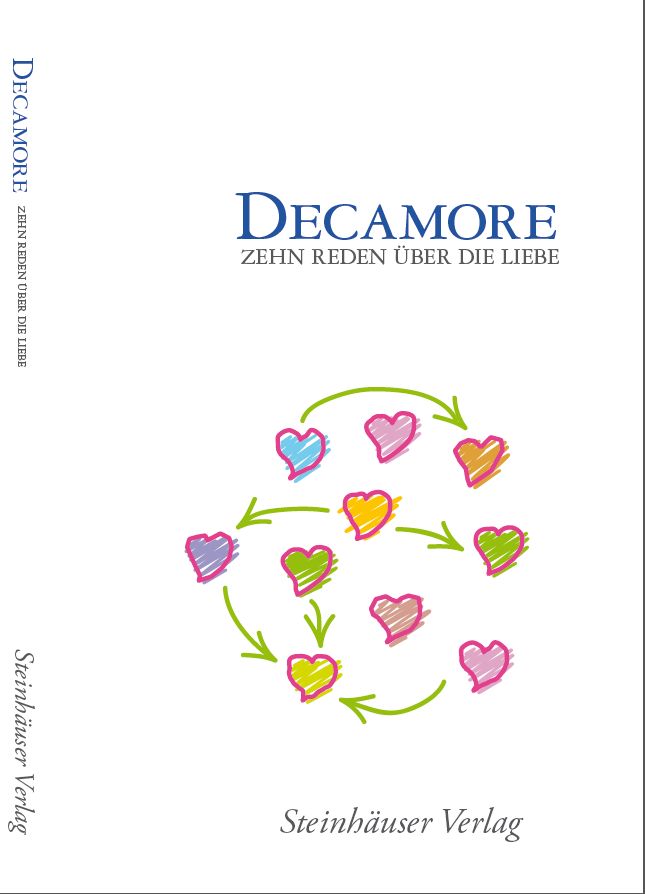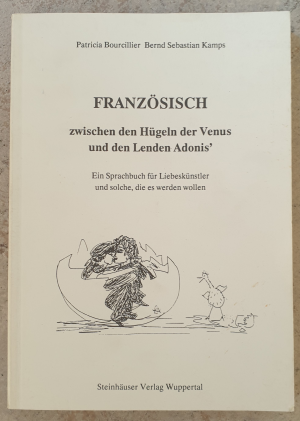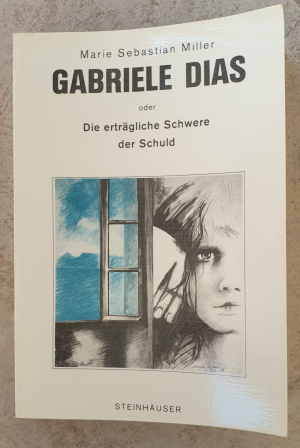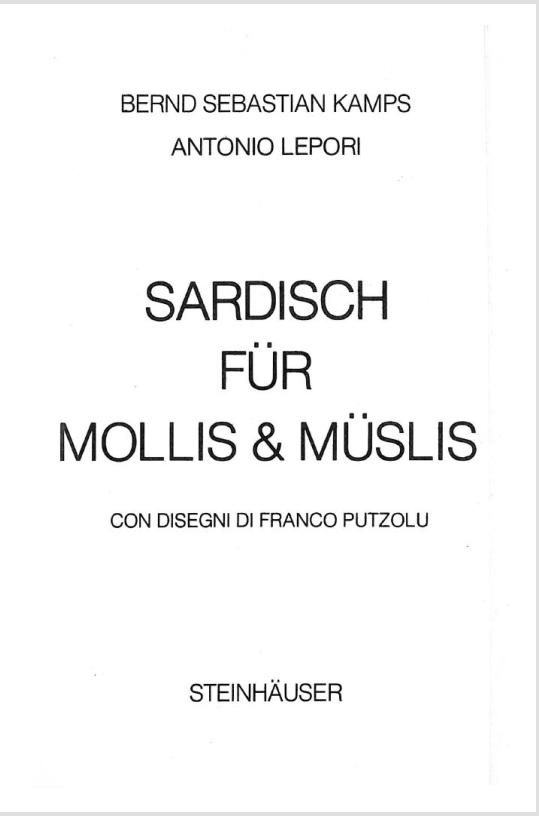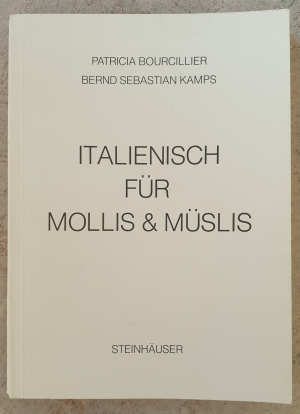Sextets of –ere action words (Group 2)
* * *
To acquire the basics of the Italian language, continue here with the next episode of Giulia, Giacomo and their friends (‘A1: Love’) and Pasta del povero (‘A2: Italian Cuisine’). Download the audio files from www.4elisa.com and listen until you know them by heart. Then go on to Level 7. If, instead, you want a more in-depth coverage of Italian grammar, continue with sections B, ‘Action Words’, C, ‘Words’, D, ‘Rules’, etc.
Today we’ll explore the Group 2 action words, those ending in –ere and having past participles that end in –uto: avere/avuto (to have/had), credere/creduto (to believe/believed). Group 2 words show two pecularities: 1) Many of them put the stress on the antepenultimate syllable (the third-to-last one) and 2) some have irregular past participles, ie:
|
chiedere / chiesto |
to ask / asked |
|
prendere / preso |
to take / taken |
|
vivere / vissuto |
to live / lived |
|
leggere / letto |
to read / read |
In Level 6 you will also discover reflexive action words and describe things we do to ourselves, for example lavarsi to wash oneself or amarsi to love oneself. Managing them is reasonably simple because all you need to do is associate them with mi-ti-si | ci- vi-si.
Then, we’ll make a short excursion into irregular future stems, and, finally, we’ll get the global picture of personal pronouns, your final great intellectual challenge in Italian. From there on, you’ll be definitely in calmer waters. We promise!
As always, make extensive use of the audio files. Listen to them enough times so you can make out every single word.
A1: Love (6)
Normal Speed
Slow Speed
In the cafeteria, Luca crashes into a girl. A coffee cup falls to the ground and breaks. Luca kneels down and recognizes Sara.
| Sara: Non potevi stare attento, Luca? Guardo che cosa hai fatto! Sei il solito pasticcione. |
S.: Couldn’t you pay attention, Luca? Look what you’ve done! You’ve made the usual mess. |
| Luca: Cosa vuoi dire? |
L.: What do you mean? |
| Sara: Che combini solo guai. E quando non rompi le tazze, racconti delle bugie. Perché hai detto che avevi visto Giulia con Maurizio? |
S.: That you are nothing but trouble. And when you don’t break cups, you tell lies. Why did you say that you had seen Giulia with Maurizio? |
| Luca: Non li ho visti io, li hanno visti i miei amici e… |
L.: I didn’t see them myself, my friends saw them and… |
| Sara: …e con le verità dei tuoi amici rovini il rapporto tra Giulia e Giacomo. Sei un coglione! |
S.: … and the word of your friends ruins the relationship between Julia and Giacomo. You’re an asshole! |
| Luca: Grazie, sei elegante come sempre. E tu, che cosa hai riferito a Giulia? È vero, Giacomo e Valeria sono rimasti a lungo nell’aula di farmacologia… |
L.: Thanks, you’re as elegant as always. And you, what did you say to Julia? True, Giacomo and Valeria remained for quite some time in the pharmacology classroom… |
| Sara: …e si sono incontrati anche in altre occasioni. Me l’hanno confermato due amiche mie… |
S.: … and they met on other occasions as well. Two friends of mine confirmed to me that… |
Words
|
stare attento |
to pay attention |
|
solito |
usual, customary |
|
il pasticcione |
someone who makes a mess |
|
dire |
to say |
|
combinare guai |
to cause harm/trouble |
|
solo |
only |
|
rompere (p.p.: rotto) |
to break |
|
la tazza |
cup |
|
raccontare delle bugie |
to tell lies |
|
la verità |
truth |
|
rovinare |
to ruin |
|
il rapporto |
relationship |
|
il coglione |
asshole |
|
elegante |
elegant |
|
come sempre |
as always |
|
riferire |
to report, recount |
|
è vero |
it’s true |
|
rimanere |
to stay, remain |
|
loro sono rimasti |
they remained |
|
a lungo |
for quite some time |
|
l’aula |
classroom |
|
la farmacologia |
pharmacology |
|
incontrarsi |
to meet |
|
l’occasione (f) |
occasion |
|
altro |
other |
|
confermare |
to confirm |
|
l’amica, pl.: amiche |
friend (female) |
A2: Italian Cuisine (6)
Normal Speed
Slow Speed
Pasta del povero… generally a one-person meal.
|
Per 1 persona: 120 g di pasta. Condimento: 250 ml di passata di pomodoro in bottiglia, 1 cipolla tagliata in 4 pezzi, un filo di olio, sale, pane. |
For one person: 120 g of pasta. Dressing: 250 ml of bottled tomato sauce, 1 onion, cut in 4 pieces, a little oil, salt, bread. |
|
Portare a ebollizione 250 ml della passata di pomodoro con la cipolla e un cucchiaio di olio. |
Bring to boil 250 ml of tomato puree with the onion and a tablespoon of oil. |
|
Aggiungere la pasta cruda (!) e far cuocere a mezza fiamma il doppio del tempo della cottura indicato. Aggiungere ogni tanto un cucchiaio di acqua per tenere il sugo liquido. |
Add the uncooked (!) pasta and cook on medium flame for double the cooking time indicated. Add a tablespoon of water once in a while to keep the sauce liquid. |
|
Chi è ricco può aggiungere qualche foglia di basilico, un po’ di parmigiano e ancora olio. |
Whoever is rich can add a few leaves of basil, a little parmesan and more oil. |
|
Servire in un piatto o mangiare direttamente dalla padella. Usare il pane per fare la scarpetta a fine pasto. |
Serve on a plate or eat directly from the pan. Use the bread to mop up after the meal. |
Words
|
povero |
poor |
|
la passata di pomodoro |
tomato puree |
|
la bottiglia |
bottle |
|
la cipolla |
onion |
|
il pezzo |
piece, part |
|
l’ebollizione (f.) |
boiling; excitement |
|
crudo |
raw, uncooked |
|
mezzo |
half |
|
la fiamma |
flame |
|
doppio |
double |
|
il tempo |
time |
|
indicato |
indicated, specified |
|
ogni tanto |
once in a while |
|
tenere |
to keep, maintain |
|
liquido |
liquid |
|
ricco |
rich |
|
qualche |
some |
|
un po’ di |
a little of |
|
ancora |
again, still |
|
il piatto |
plate, dish |
|
mangiare |
to eat |
|
usare |
to use |
|
il pane |
bread |
|
fare la scarpetta |
to mop up |
|
a fine pasto |
after the meal |
B. Action Words
Dire + venire
{AUDIO} The present tense of dire to say and venire to come.
| dire to say I say, etc. |
venire to come I come, etc. |
||
|
io |
dico |
vengo |
I |
|
tu |
dici |
vieni |
you |
|
lui/lei |
dice |
viene |
he/she |
|
noi |
diciamo |
veniamo |
we |
|
voi |
dite |
venite |
you |
|
loro |
dicono |
vengono |
they |
Sextets of –ere action words (Group 2)
To explore Group 2 action words, those ending in -ere, we’ll choose credere to believe. The participio passato is creduto believed. The overview:
|
Infinito |
credere |
|
|
Participio passato |
creduto |
|
|
Gerundio presente |
credendo |
|
|
Imperativo |
credi | creda | crediamo | credete | credano |
|
Presente |
Passato prossimo |
Imperfetto |
|
|
io |
credo |
ho creduto |
credevo |
|
tu |
credi |
hai creduto |
credevi |
|
lui/lei |
crede |
ha creduto |
credeva |
|
noi |
crediamo |
abbiamo creduto |
credevamo |
|
voi |
credete |
avete creduto |
credevate |
|
loro |
credono |
hanno creduto |
credevano |
|
Futuro semplice |
Condizionale pres. |
Passato remoto |
|
|
io |
crederò |
crederei |
credetti/credei |
|
tu |
crederai |
crederesti |
credesti |
|
lui/lei |
crederà |
crederebbe |
credette/credé |
|
noi |
crederemo |
crederemmo |
credemmo |
|
voi |
crederete |
credereste |
credeste |
|
loro |
crederanno |
crederebbero |
credettero/ |
|
Congiuntivo |
Congiuntivo |
|
|
che io |
creda |
credessi |
|
che tu |
creda |
credessi |
|
che lui/lei |
creda |
credesse |
|
che noi |
crediamo |
credessimo |
|
che voi |
crediate |
credeste |
|
che loro |
credano |
credessero |
With the exception of the passato remoto, all tenses look familiar. Let’s go into the details.
1.
|
Presente |
Passato prossimo |
||
|
I, you believe, he/she believes |
I, you, he/she believed |
||
|
(io) |
credo |
(io) |
ho creduto |
|
(tu) |
credi |
(tu) |
hai creduto |
|
(lui/lei) |
crede |
(lui/lei) |
ha creduto |
|
(noi) |
crediamo |
(noi) |
abbiamo creduto |
|
(voi) |
credete |
(voi) |
avete creduto |
|
(loro) |
credono |
(loro) |
hanno creduto |
{AUDIO} For the presente you cut the ending –ere and add to the root cred– the endings –o, -i, -e | -iamo, -ete, -ono.
|
Non credo a quello che dice. |
I don’t believe what he says. |
To build the passato prossimo (I believed, etc.), combine ho-hai-ha | abbiamo-avete-hanno with the past participle.
Please build the presente and passato prossimo sextets of the following action words:
|
vedere / visto |
to see / seen |
|
perdere / perso |
to lose / lost |
|
uccidere / ucciso |
to kill / killed |
|
discutere / discusso |
to discuss / discussed |
2.
|
Imperfetto |
Trapassato prossimo |
||
|
I, you, he/she believed/used to believe |
I, you, he/she had believed |
||
|
(io) |
credevo |
(io) |
avevo creduto |
|
(tu) |
credevi |
(tu) |
avevi creduto |
|
(lui/lei) |
credeva |
(lui/lei) |
aveva creduto |
|
(noi) |
credevamo |
(noi) |
avevamo creduto |
|
(voi) |
credevate |
(voi) |
avevate creduto |
|
(loro) |
credevano |
(loro) |
avevano creduto |
{AUDIO} For the imperfetto cut the ending –ere and add the endings –evo, –evi, –eva | –evamo, –evate, –evano.
| Credevi seriamente a Babbo Natale? |
Did you seriously believe in Santa Claus? |
To build the trapassato prossimo (I had believed, etc.), combine avevo-avevi-aveva | avevamo-avevate-avevano with the past participle.
Please build the imperfetto and trapassato prossimo sextets of the following action words:
|
chiedere / chiesto |
to ask / asked |
|
prendere / preso |
to take / taken |
|
vivere / vissuto |
to live / lived |
|
insistere / insistito |
to insist / insisted |
3.
|
Futuro |
Futuro anteriore |
||
|
I, you, he/she will believe |
I, you, he/she will have believed |
||
|
(io) |
crederò |
(io) |
avrò creduto |
|
(tu) |
crederai |
(tu) |
avrai creduto |
|
(lui/lei) |
crederà |
(lui/lei) |
avrà creduto |
|
(noi) |
crederemo |
(noi) |
avremo creduto |
|
(voi) |
crederete |
(voi) |
avrete creduto |
|
(loro) |
crederanno |
(loro) |
avranno creduto |
{AUDIO} The endings are the same as with Group 1 action verbs (compare with pensare of Level 5).
| Crederà che l’ho fatto apposta. |
He’ll believe that I did it on purpose. |
To build the futuro anteriore (I will have believed, etc.), combine avrò-avrai-avrà | avremo-avrete-avranno with the past participle.
Please build the futuro and futuro anteriore sextets of the following action words:
|
scrivere / scritto |
to write / written |
|
decidere / deciso |
to decide / decided |
|
ricevere / ricevuto |
to receive / received |
|
leggere / letto |
to read / read |
4.
|
Condizionale presente |
Condizionale passato |
||
|
I, you, he/she would believe |
I, you, he/she would have believed |
||
|
(io) |
crederei |
(io) |
avrei creduto |
|
(tu) |
crederesti |
(tu) |
avresti creduto |
|
(lui/lei) |
crederebbe |
(lui/lei) |
avrebbe creduto |
|
(noi) |
crederemmo |
(noi) |
avremmo creduto |
|
(voi) |
credereste |
(voi) |
avreste creduto |
|
(loro) |
crederebbero |
(loro) |
avrebbero creduto |
{AUDIO} The endings are the same as with Group 1 actions verbs (see pensare, Level 5).
| Credereste tutto quello che vi dicono. |
You’d believe everything they tell you. |
To build the condizionale passato (I would have believed, etc.), combine avrei-avresti-avrebbe | avremmo-avreste-avrebbero with the past participle.
Please build the condizionale presente and condizionale passato sextets of the following action words:
|
mettere / messo |
to put / put |
|
smettere / smesso |
to stop / stopped |
|
chiudere / chiuso |
to close / closed |
|
piangere / pianto |
to weep / wept |
5.
|
Congiuntivo presente |
Congiuntivo passato | ||
| …that I, you believe, he/she believes …that we, you, they believe |
…that I, you, he/she believed …that we, you, they believed |
||
|
che io |
creda |
che io |
abbia creduto |
|
che tu |
creda |
che tu |
abbia creduto |
|
che lui/lei |
creda |
che lui/lei |
abbia creduto |
|
che (noi) |
crediamo |
che (noi) |
abbiamo creduto |
|
che (voi) |
crediate |
che (voi) |
abbiate creduto |
|
che (loro) |
credano |
che (loro) |
abbiano creduto |
{AUDIO} These endings are new to you. To obtain the congiuntivo presente, add to the root cred– the endings –a, –a, –a | –iamo, –iate, -ano.
| Penso che non crediate in Dio. |
I think that you don’t believe in God. |
To build the congiuntivo passato (to be translated into English generally with a simple that I believed, etc.), combine abbia-abbia-abbia | abbiamo-abbiate-abbiano with the past participle.
Remember: the congiuntivo is used after action words which express the idea that things can happen or not; that things could happen or not; or that things could have happened or not (after action words that express doubts, thoughts, wishes, beliefs, and worries). In Level 5, you saw Voglio che… I want that…, Dubito che… I doubt that…, Mi piace che… I’d like that… and others. Here are some conjunctions that also require the congiuntivo:
|
prima che… |
before |
|
affinché… |
so that, in order that… |
|
a meno che… |
unless… |
|
nel caso che… |
in case… |
Please build the congiuntivo presente and congiuntivo passato sextets of the following action words:
|
rispondere / risposto |
to answer / answered |
|
correre / corso |
to run / run |
|
rompere / rotto |
to break / broken |
|
nascondere / nascosto |
to hide / hidden |
6.
|
Congiuntivo imperfetto |
Congiuntivo trapassato | ||
| …that I, you, he/she believed/used to believe …that we, you, they believed/used to believe |
…that I, you, he/she had believed …that we, you, they had believed |
||
|
che io |
credessi |
che io |
avessi creduto |
|
che tu |
credessi |
che tu |
avessi creduto |
|
che (lui/lei) |
credesse |
che (lui/lei) |
avesse creduto |
|
che (noi) |
credessimo |
che (noi) |
avessimo creduto |
|
che (voi) |
credeste |
che (voi) |
aveste creduto |
|
che (loro) |
credessero |
che (loro) |
avessero creduto |
{AUDIO} To obtain the congiuntivo imperfetto, add to the root cred– the endings –essi, –essi, –esse | –essimo, –este, –essero.
| Pensavo che voi non credeste in Dio. |
I thought (that) you didn’t believe in God. |
To build the congiuntivo trapassato (that I had believed, etc.), combine avessi-avessi-avesse | avessimo-aveste-avessero with the past participle.
Please build the congiuntivo imperfetto and congiuntivo trapassato sextets of the following action words:
|
ridere / riso |
to laugh / laughed |
|
sorridere / sorriso |
to smile / smiled |
|
difendere / difeso |
to defend / defended |
7.
|
Passato remoto |
Trapassato remoto | ||
|
I, you, he/she believed |
I, you, he/she had believed |
||
|
(io) |
credetti/credei |
(io) |
ebbi creduto |
|
(tu) |
credesti |
(tu) |
avesti creduto |
|
(lui/lei) |
credette/credé |
(lui/lei) |
ebbe creduto |
|
(noi) |
credemmo |
(noi) |
avemmo creduto |
|
(voi) |
credeste |
(voi) |
aveste creduto |
|
(loro) |
credettero/crederono |
(loro) |
ebbero creduto |
{AUDIO} Please note that the 1st person singular (credetti/credei), the 3rd person plural (credette/credé) and the 3rd person plural (credettero/crederono) have two variants.
As you have noticed, the differences between the endings of Group 1 (pensare to think) and Group 2 (credere to believe) are modest. In most cases, only the initial vowel changes (usually –a– becoming –e–). Some endings don’t change at all (futuro and condizionale presente). Here is a summary of Group 2 endings. The differences with regard to Group 1 are shown in bold.
|
Presente |
-o, -i, –e | -iamo, –ete, –ono |
|
Imperfetto |
–evo, –evi, –eva | –evamo, –evate, –evano |
|
Futuro |
-erò, -erai, -erà | -eremo, -erete, -eranno |
|
Condizionale |
-erei, -eresti, -erebbe | -eremmo, -ereste, -erebbero |
|
Congiuntivo presente |
–a, –a, –a | -iamo, -iate, –ano |
|
Congiuntivo |
–essi, –essi, –esse | –essimo, –este, –essero |
|
Passato remoto |
-etti, -esti, -ette | –emmo, –este, –ettero (or: –ei, –esti, –é | –emmo, –este, –erono) |
Reflexive action words
Some of the actions we perform are reflexive because we do something to ourselves. We can wash ourselves or love ourselves. To express this type of reflexive behavior, Italian uses reflexive action words. What you need to know about them can be summarized in five rules:
- To get the infinitive, cut the final –r and add –si: lavare to wash becomes lavarsi to wash oneself, amare to love becomes amarsi to love oneself.
- To form the compound tenses, you need to use essere + the participio passato: mi sono lavato I washed myself.
- To express oneself-yourself-himself/herself | ourselves-yourselves-themselves put mi-ti-si | ci-vi-si 1) before the action word or 2) before sono-sei-è | siamo-siete-sono if you have a compound tense (for example of the passato prossimo; see below).
- The final vowel of the participio passato follows the ‘o-a | i-e’ idea and is –o/-a/-i/-e according to gender and number of the subject: ci siamo lavati we washed ourselves (boys); ci siamo lavate we washed ourselves (girls). If it is a mixed group, it is masculine by default: ci siamo lavati we washed ourselves (1 boy and 7 girls)…
- Many Italian reflexive action words are NOT reflexive in English.
|
Infinito |
lavarsi to wash oneself | |
|
Participio passato |
lavatosi |
|
|
Gerundio presente |
lavandosi |
|
|
Imperativo |
lavati | si lavi | laviamoci | lavatevi | si lavino |
|
Presente |
Passato prossimo |
Imperfetto |
|
|
io |
mi lavo | mi sono lavato/a | mi lavavo |
|
tu |
ti lavi | ti sei lavato/a | ti lavavi |
|
lui/lei |
si lava | si è lavato/a | si lavava |
|
noi |
ci laviamo | ci siamo lavati/e | ci lavavamo |
|
voi |
vi lavate | vi siete lavati/e | vi lavavate |
|
loro |
si lavano | si sono lavati/e | si lavavano |
|
Futuro semplice |
Condizionale pres. |
Passato remoto |
|
|
io |
mi laverò | mi laverei | mi lavai |
|
tu |
ti laverai | ti laveresti | ti lavasti |
|
lui/lei |
si laverà | si laverebbe | si lavò |
|
noi |
ci laveremo | ci laveremmo | ci lavammo |
|
voi |
vi laverete | vi lavereste | vi lavaste |
|
loro |
si laveranno | si laverebbero | si lavarono |
|
Congiuntivo |
Congiuntivo |
|
|
che io |
mi lavi | mi lavassi |
|
che tu |
ti lavi | ti lavassi |
|
che lui/lei |
si lavi | si lavasse |
|
che noi |
ci laviamo | ci lavassimo |
|
che voi |
vi laviate | vi lavaste |
|
che loro |
si lavino | si lavassero |
Translation of the 1st persons singular
|
Presente |
I wash myself |
|
Perfetto |
I washed myself |
|
Imperfetto |
I washed myself
I used to wash myself |
|
Futuro semplice |
I will wash myself |
|
Condizionale presente |
I would wash myself |
|
Passato remoto |
I washed myself |
|
Congiuntivo presente* |
(that) I wash myself |
|
Congiuntivo imperfetto* |
(that) I washed myself |
* The congiuntivo allows generally for more than one translation. For details, please check Level 9.
Exercise
Please take the table above and adapt it to the following action words. Attention: many action words are reflexive in Italian, but not in English.
|
innamorarsi |
to fall in love |
|
chiamarsi |
to be called / named |
|
annoiarsi |
to be bored |
|
arrabbiarsi |
to get angry |
|
laurearsi |
to graduate |
Examples
| Mi sono innamorato. [boy] |
I fell in love. |
| Mi sono innamorata. [girl] |
I fell in love. |
| Ci siamo innamorati. [boys] |
We fell in love. |
| Ci siamo innamorate. [girls] |
We fell in love. |
| Vi siete annoiati? [boys] |
Were you bored? |
| Vi siete annoiate? [girls] |
Were you bored? |
| Ci siamo annoiati da morire. [boys] |
We were bored stiff. |
|
Ci siamo annoiate da morire. [girls] |
We were bored stiff. |
|
Non arrabbiarti! |
Don’t get angry! |
|
Svegliati! |
Wake up! |
|
Non vi sentite bene? |
Don’t you feel well? |
Take also a look at these fairly common reflexive action words:
|
truccarsi |
to put on makeup |
|
sedersi |
to sit down |
|
spogliarsi |
to undress |
|
baciarsi |
to kiss each other |
|
addormentarsi |
to fall asleep |
|
svegliarsi |
to wake up |
Future Stems
{AUDIO} You know that the futuro and the condizionale presente are the most regular tenses in Italian because the endings are identical for all action words:
|
Futuro |
-ò, -ai, -à | -emo, -ete, -anno |
|
Condizionale presente |
-ei, -esti, -ebbe | -emmo, -este, –ebbero |
All you need to know is where to attach these endings to. In Level 5, you saw that Group 1 action words form the future stem by cutting –are and adding –er–.
|
Group 1 |
Future stem |
|
ricordare (to remember) |
ricorder– |
|
ascoltare (to listen) |
ascolter– |
|
trattare (to treat) |
tratter– |
|
aspettare (to wait) |
aspetter– |
|
portare (to bring) |
porter– |
Group 2 and 3 future stems are still easier to construct. Just cut the final –e of the infinitive… and that’s it!
|
Group 2 |
Future stem |
|
perdere (to lose) |
perder- |
|
uccidere (to kill) |
uccider- |
|
discutere (to discuss) |
discuter- |
|
chiedere (to ask) |
chieder- |
|
prendere (to take) |
prender- |
|
Group 3 |
Future stem |
|
dormire (to sleep) |
dormir- |
|
finire (to finish, end) |
finir- |
|
divertire (to amuse) |
divertir- |
|
uscire (to go out, come out) |
uscir- |
|
riuscire (to succeed) |
riuscir- |
Only a few words have irregular future stems, but they are all extremely important. Don’t forget to memorize the future stems today!
|
Infinitive |
Future stem |
|
| andare |
to go |
andr- |
| avere |
to have |
avr- |
|
venire |
to come |
verr- |
| dovere |
must |
dovr- |
| essere |
to be |
sar- |
| potere |
can |
potr- |
| sapere |
to know |
sapr- |
| vedere |
to see |
vedr- |
| vivere |
to live |
vivr- |
|
volere |
to want |
vorr- |
| cadere |
to fall |
cadr- |
|
fare |
to do/make |
far- |
|
giocare |
to play |
giocher- |
|
pagare |
to pay |
pagher- |
|
cominciare |
to start |
comincer- |
|
mangiare |
to eat |
manger- |
A few examples: andrò I’ll go – avrai you’ll have – verrà he’ll come – dovremo we’ll have to – sarete you’ll be (pl.) – potranno they’ll be able to – saprei I would know – vedresti you would see – vivrebbe he would live – vorremmo we would want – giochereste you would play – pagherebbero they would pay
C. Words
Preview of Level 7
{AUDIO} In Level 7, you will find some of the following words. Please take a first look at them.
|
partire |
to leave |
|
sentire |
to hear; to feel |
|
dormire |
to sleep |
|
scoprire |
to discover |
|
agire (-isc-) |
to act, behave |
|
reagire (-isc-) |
to react, respond |
|
finire (-isc-) |
to finish, end |
|
suggerire |
to suggest |
|
divertire |
to amuse |
|
servire |
to serve; to be needed |
|
vestire |
to get dressed |
|
ripartire |
to leave again; to distribute |
|
coprire |
to cover |
|
consentire |
to allow |
|
bollire |
to boil |
|
inseguire |
to chase, pursue |
|
mentire |
to lie |
|
sfuggire |
to escape |
|
consentire |
to allow |
|
eseguire |
to perform |
|
apparire |
to dwell, live |
|
comparire |
to appear, participate |
|
morire |
to die |
|
salire |
to go up, rise |
|
uscire |
to go out, |
|
riuscire |
to succeed |
|
udire |
to hear, listen |
D. Rules
Personal pronouns
{AUDIO} Now comes the last big chunk of Italian grammar: five pages of personal pronouns. Are you ready? Please don’t walk away now. Clench your teeth and go through to the end. Come back tomorrow and look again and come back the day after tomorrow, too. In a week, personal pronouns will be second nature.
1. Personal subject pronouns
In the second column of the following table you see the PSPs, the personal subject pronouns. You know them all.
|
PSP* |
POP** |
||||||
|
Weak forms |
Strong forms |
||||||
|
1st singular |
io |
I |
mi |
me |
me |
me |
|
|
2nd singular |
tu |
you |
ti |
you |
te |
you |
|
|
3rd singular |
lui |
he |
lo | gli – si |
him |
lui – sé |
him |
|
|
lei |
she |
la | le – si |
her |
lei – sé |
her |
||
|
1st plural |
noi |
we |
ci |
us |
noi |
us |
|
|
2nd plural |
voi |
you |
vi |
you |
voi |
you |
|
|
3rd plural |
loro (m) |
they |
li – si |
them |
loro – sé |
them |
|
|
loro (f) |
they |
le – si |
them |
loro – sé |
them |
||
* PSP: Personal subject pronouns
** POP: Personal object pronouns
2. Personal object pronouns
In Level 5, we introduced the ‘personal object pronouns’ (POPs) of the 3rd person lo, la, li, le (him, her, them):
|
Masculine |
Feminine |
|
|
Singular |
lo |
la |
|
Plural |
li |
le |
Lo amo. I love him.
La amo. I love her.
Li amo. I love them (boys).
Le amo. I love them (girls).
Direct object pronouns
Let’s now extend the list and explore I love you, you love me, etc. Proceed to Columns 3 and 4: POPs, weak and strong. You will use these personal object pronouns when you declare your love. Let’s first check the weak forms and, among these, the direct object pronouns mi-ti-lo/la | ci-vi-li/le. What is a direct object? The direct object is the ‘recipient of the action’. It answers the question whom? or what?
|
I love those girls. |
Whom do I love ? |
The girls. |
|
He writes a message. |
What does he write? |
A message. |
In these sentences girls and message are direct objects. Action words that take direct objects – in our examples to love and to write – are called transitive action words. Action words that CANNOT take a direct object, for example dormire to sleep, andare to go, venire to come, are called intransitive action words.
Direct object pronouns are usually placed immediately before the transitive action word:
|
1st singular |
mi |
Mi ami? |
Do you love me? |
|
2nd singular |
ti |
Ti amo. |
I love you. |
|
3rd singular |
lo |
Lo amo. |
I love him. |
|
la |
La amo. |
I love here. |
|
|
1st plural |
ci |
Ci ami? |
Do you love us? |
|
2nd plural |
vi |
Vi amo. |
I love you. (pl.) |
|
3rd plural |
li |
Li amo. |
I love them. (masc.) |
|
le |
Le amo. |
I love them. (fem.) |
Indirect object pronouns
Some action words also have indirect object nouns and pronouns. What is an indirect object? An indirect object answers the question to whom? or for whom? While the prepositions to and for are often omitted in English, in Italian you must use the preposition a:
|
Could you tell Marco the story, please? |
Potresti raccontare la storia a Marco, per favore? |
Indirect noun: Marco |
| I gave the teacher my mobile number. |
Ho dato il mio numero di cellulare alla professoressa. |
Indirect noun: la professoressa |
| I explained the situation to the physicians. |
Ho spiegato la situazione ai medici. |
Indirect noun: |
Now listen carefully:
1) mi, ti, ci and vi are both direct and indirect pronouns.
2) lo, la, li, and le are only direct pronouns!
3) The equivalent indirect forms are gli to him/for him, le to her/for her, and loro to them/for them.
|
I’ll tell him the story. |
Gli racconterò la storia. | Indirect pronoun: gli |
| I gave her my mobile number. | Le ho dato il mio numero di cellulare. |
Indirect pronoun: le |
| I explained the situation to them. |
Ho spiegato loro la situazione. |
Indirect pronoun: loro |
Complete overview:
|
1st singular |
mi |
Mi dai quella mela? |
Are you giving me that apple? |
|
2nd singular |
ti |
Non ti do niente. |
I am not giving you anything. |
|
3rd singular |
gli |
Gli dai un bacio? |
Are you giving him a kiss? |
|
le |
Le dai un bacio? |
Are you giving her a kiss? |
|
|
1st plural |
ci |
Ci racconterai tutto? |
Will you tell us everything? |
|
2nd plural |
vi |
Non vi racconterò niente. |
I won’t tell you anything. |
|
3rd plural |
loro |
Date loro uno schiaffo. |
Give them (masc. + fem.) a slap. |
3. Reflexive object pronouns
The reflexive object pronouns are familiar from the reflexive action words we introduced above.
|
Presente |
Passato prossimo |
||
|
lui/lei |
si lava | si è lavato/a | 3rd person singular |
|
loro |
si lavano | si sono lavati/e | 3rd person plural |
4. Strong POPs forms
Strong personal object pronouns (POPs) are used to create emphasis. Put after an action word, they often clarify that only one person is meant, at the exclusion of all the others (or only one group of persons, at the exclusion of all other groups).
|
1st singular |
me |
Ami me? |
Do you love me? (and nobody else) |
|
2nd singular |
te |
Amo te. |
I love you. (and nobody else) |
|
3rd singular |
lui |
Amo lui. |
I love him. |
|
lei |
Amo lei. |
I love here. |
|
|
1st plural |
noi |
Ami noi? |
Do you love us? |
|
2nd plural |
voi |
Amo voi. |
I love you. (pl.) |
|
3rd plural |
loro |
Amo loro. |
I love them. (masc.+fem.) |
In addition, you’ll use strong POPs after prepositions:
|
Posso salire con te? |
Can I come up with you? |
| Certo, vieni con me. | Certainly, come with me. |
|
Ho fatto tutto questo per voi. |
I’ve done all this for you. (pl.) |
|
Lei pensa solo a sé stessa. |
She thinks only of herself. |
5. Managing two POPs: me lo – te lo – glielo, etc.
We won’t go into the details of managing two personal object pronouns before an action word, for example, I give it to you. Check this:
| Te lo dico io. | I say it to you. (Really: Believe me!) |
| Me lo puoi spiegare? | Can you explain it to me? |
| Glielo dico io. | I’ll tell (it to) him. |
What do you see?
- First comes the indirect pronoun, then the direct pronoun.
-
The vowel i of the indirect pronoun (mi, ti, ci, vi, si) changes to e (me, te, ce, ve, se).
- gli and lo fuse to glielo.
Another four examples:
| Te lo do subito. |
I’ll give it to you right away. |
| Me lo dai? |
Can you give it to me? |
| Ce l’ha dato ieri. |
He gave it to us yesterday. |
| Ve l’ho spiegato. |
I explained it to you. |
Please find more about the use of two personal pronouns in Level 10.
che (2)
{AUDIO} In level 5, you encountered the relative pronoun che which is generally translated with who, whom, which or that.
|
la ragazza che ho incontratato l’anno scorso |
the girl [whom] I met last year |
Now let’s see some other functions of the extremely versatile Italian che.
1. Conjunction
Che is also used as a so-called conjunction that joins two or more words, phrases or clauses. You either translate it into that or you omit it; in Italian you cannot omit che.
|
So che hai ragione. |
I know [that] you are right. |
|
Dice che non puoi venire von noi. |
He says that you cannot come with us. |
|
Penso che sia troppo difficile. |
I think [that] it’s too difficult. |
2. Question word
Che is further used to ask questions (Which? What?). It can either appear as a so-called interrogative adjective…
| Che macchina prendiamo? | Which car shall we take? |
| Che frutta preferisci? | Which fruit do you prefer? |
| Che giorno è oggi? | What day is it today? |
or as an interrogative pronoun. In these cases, che and che cosa have generally the same meaning:
| Che (cosa) vuoi dire? | What do you want to say? |
| Di che (cosa) state parlando? | What are you talking about? |
3. Exclamation
Che is also used as an exclamation. In these cases, it is translated with what or how:
| Che bella ragazza! | What a lovely girl! |
| Che macello! | What a mess! |
| Che buono! | How delicious! |
| Che bello! | How nice! (masculine singular) |
| Che bella! | How nice! (feminine singular) |
| Che belli! | How nice! (masculine plural) |
| Che belle! | How nice! (feminine plural) |
4. Imperative phrases
You have already learned how to give orders to people you are talking to. You may also express orders or suggestions for people who are absent. In this case, the action word appears in the congiuntivo presente:
| Che pensi un po’! | Let him think a little! |
| Che pensino un po’! | Let them think a little! |
| Che si alzino prima se vogliono venire al mare con noi! | Let them get up earlier if they want to go to the beach with us! |
5. Comparative sentences
When comparing 1) two action words, 2) two adjectives referred to a person or a thing or 3) two pronouns preceded by a preposition, the English than is translated with che:
| Leggere è meno faticoso che scrivere. | Reading is less tiring than writing. |
| Lui è più intelligente che dolce. | He is smarter than sweet. |
| Mi diverto più con te che con lei. | I have a better time with you than with her. |
Capitalization
{AUDIO} Most words that are capitalized in English are capitalized in Italian too, like names of persons, institutions, streets, suburbs, cities, countries, continents, stars and planets, etc. However, some words are not capitalized and include: Mr., Mrs., and Miss; nationalities; the days of the week; the months of the year.
| Le presento il signor Campus. | Let me introduce Mr. Kamps to you. |
| Sei italiano? | Are you Italian? |
| Ha detto che arriverà venerdì. | He said that he’ll arrive Friday. |
|
Sono nato a gennaio. |
I was born in January. |
Numbers
{AUDIO} Let’s count to one billion.
|
cento |
100 |
|
centouno |
101 |
|
centodue |
102 |
|
centodieci |
110 |
|
centoundici |
111 |
|
centoventi |
120 |
|
centonovantonove |
199 |
|
duecento |
200 |
|
trecento |
300 |
|
mille |
1,000 |
|
milleuno |
1,001 |
|
millenovecentosessantotto |
1,968 |
|
duemila |
2,000 |
|
duemilauno |
2,001 |
|
duemilaquindici |
2,015 |
|
tremila |
3,000 |
|
diecimila |
10,000 |
|
centomila |
100,000 |
|
un milione |
1,000,000 |
|
un miliardo |
1,000,000,000 |
What do you see? Up to 999,999, Italian numbers are stitched together. Only milioni, miliardi, bilioni, biliardi, trilioni, triliardi, etc. do not run together.
E. Dialogue
Normal Speed
Slow Speed
| – Bastianeddu, cos’è successo? Sono giorni che non carichi nuove foto su Instagram. Non vuoi più condividere la tua vita? | – Bastianeddu, what happened? You haven’t uploaded new photos to Instagram for days! Don’t you want to share your life anymore? |
| – Ho un problemino con il mio cellulare. Sabato sera mi è scivolato dalle mani mentre eravamo in barca… | – I have a little problem with my cell phone. Saturday night it slipped out of my hands while we were on the boat… |
| – … e si è rotto il vetro? | – … and the glass broke? |
| – Magari! Il vetro è intatto, ma siccome stavamo pescando degli sgombri, nel fondo della barca c’era acqua di mare mescolata con il sangue dei pesci. | – If only! The glass is intact, but since we were fishing for mackerel, in the bottom of the boat there was sea water mixed with fish blood! |
| – Non mi vorrai dire che il cellulare è caduto dentro quel brodo? Che schifo! Il cellulare ha reso l’anima? | – You don’t want to say that the phone fell into that broth? That’s disgusting! So the phone doesn’t work? |
| – No, funziona tutto: telefono, sms, internet, la chat, i giochi, il navigatore… tutto tranne la macchina fotografica. | – No, it all works: phone, sms, internet, chat, games, navigation… everything except the camera. |
| – Che sfiga! Mi piacevano tanto le tue foto. Cosa farai adesso? | – What bad luck! I liked your photos so much. What will you do now? |
| – Ricomincerò a fare delle foto con la mia vecchia compact. In fondo, non mi dispiace, è come una disintossicazione dal cellulare. Siamo sinceri: dobbiamo veramente fotografare e condividere tutto ciò che accade nella nostra vita? | – I’ll start again and take pictures with my old compact. After all, I don’t mind, it’s like a phone detox. Let’s be frank: do we really have to photograph and share everything that happens in our lives? |
| – Si, forse hai ragione, però… | – Yeah, maybe you’re right, but… |
| – In effetti, forse ho ragione. Scattare una foto, fare l’upload, scrivere un commento, controllare a chi piace la foto, rispondere ai commenti… insomma, non si finisce mai. Hai già fatto la somma di tutti questi piccoli momenti in una giornata? Sprechiamo una buona parte della nostra vita in fesserie. | – Yeah, maybe I’m right! Taking a picture, uploading it, writing a comment, checking who likes the photo, responding to comments… well, you never stop. Have you already done the sum of all these small moments in a day? We waste a good part of our lives on that bullshit. |
| – Ah, Bastianeddu, sei il solito esagerato! Dai, tranquillo, rilassati, vivi con il tuo tempo. Come vuoi passare la tua vita? Davanti alla TV? | – Ah, Sebastian, you are the same old exaggerated person! Come on, calm down, relax, live with the times. How do you want to spend your life? In front of the TV? |
| – Perché no? La TV, gestita con intelligenza, è forse meglio dei giochi stupidi al computer! Ma piuttosto che scrivere messaggini, preferisco parlare con i miei amici al telefono – e piuttosto che parlare con gli amici al telefono, preferisco vederli direttamente. Su, coraggio, ammettilo: la vita vera è più divertente del cellulare! | – Why not? TV, handled with intelligence, is perhaps better than silly games on your computer! But rather than writing text messages, I prefer to talk to my friends on the phone – and rather than talking with friends on the phone, I prefer to see them directly. Come on, have courage and admit it: real life is more fun than a mobile phone! |
Words
|
il cellulare |
mobile phone |
|
succedere (p.p.: successo) |
to happen |
|
il giorno |
day |
|
sono giorni che |
for days |
|
caricare |
to charge, upload |
|
nuovo |
new |
|
la foto |
photo |
|
condividere (p.p.: condiviso) |
to share |
|
la vita |
life |
|
il problemino |
little problem |
|
sabato |
Saturday |
|
scivolare |
to slip |
|
mentre |
while |
|
la barca |
boat |
|
rompersi |
to break |
|
il vetro |
glass |
|
magari! |
if only!; maybe; probably |
|
intatto |
intact |
|
siccome |
as, because |
|
pescare |
to fish |
|
lo sgombro |
mackerel |
|
il fondo |
bottom; fund, capital |
|
l’acqua di mare |
sea water |
|
mescolare |
to mix |
|
il sangue |
blood |
|
il pesce |
fish |
|
non vorrai |
you don’t want to |
|
cadere |
to fall |
|
dentro |
in; within, inside |
|
il brodo |
broth, soup |
|
che schifo! |
that’s disgusting! |
|
rendere l’anima |
not work anymore |
|
funzionare |
to function |
|
il gioco |
game |
|
il navigatore |
navigator |
|
tranne |
except, save |
|
la macchina fotografica |
camera |
|
che sfiga! |
what bad luck! |
|
tanto |
so much |
|
ricominciare |
to start again |
|
la compact |
compact camera |
|
in fondo |
after all |
|
dispiacere |
to mind; to dislike |
|
la disintossica-zione |
detox |
|
condividere |
to share |
|
tutto ciò che |
everything that |
|
accadere |
to happen |
|
in effetti |
indeed |
|
scattare |
to shoot (picture) |
|
scrivere (p.p.: scritto) |
to write |
|
il commento |
comment |
|
controllare |
to control |
|
rispondere (p.p.: risposto) |
to answer |
|
insomma |
well; in other words |
|
finire |
to finish, end |
|
la somma |
sum |
|
sprecare |
to waste |
|
la fesseria |
bullshit |
|
solito |
usual, same old |
|
esagerato |
exaggerated |
|
tranquillo! |
don’t worry |
|
rilassarsi |
to relax |
|
passare |
to spend |
|
davanti a |
in front of |
|
gestire |
to manage, organize |
|
l’intelligenza |
intelligence |
|
meglio di |
better than |
|
piuttosto che |
rather than |
|
il messaggino |
SMS |
|
preferire |
to prefer |
|
coraggio |
courage |
|
ammettere (p.p.: ammesso) |
to admit |
|
divertente |
amusing |
F. Results & Preview
Can you say
dico-dici-dice | diciamo-dite-dicono
+
vengo-vieni-viene | veniamo-venite-vengono?
And do you remember
|
vedere/visto |
to see/seen |
||
|
mettere/messo |
to put/put |
||
|
prendere/preso |
to take/taken |
||
|
scrivere/scritto |
to write/written |
||
|
leggere/letto |
to read/read |
||
|
vivere/vissuto |
to live/lived |
||
|
perdere/perso |
to lose/lost |
||
+
|
prima che… |
before |
|
affinché… |
so that, in order that… |
|
a meno che… |
unless… |
|
nel caso che… |
in case… |
Of course, you are comfortable with irregular future stems and have memorized andrò I’ll go – avrai you’ll have – cadrà he’ll fall – dovremo we’ll have to – sarete you’ll be (pl.) – potranno they’ll be able to.
Now take another look at the weak and strong POPs (personal object pronouns):
|
POP* |
|||||
|
Weak forms |
Strong forms |
||||
|
1st singular |
mi |
me |
me |
me |
|
|
2nd singular |
ti |
you |
te |
you |
|
|
3rd singular |
lo | gli – si |
him |
lui – sé |
him |
|
|
la | le – si |
her |
lei – sé |
her |
||
|
1st plural |
ci |
us |
noi |
us |
|
|
2nd plural |
vi |
you |
voi |
you |
|
|
3rd plural |
li – si |
them |
loro – sé |
them |
|
|
le – si |
them |
loro – sé |
them |
||
Most importantly: Do you know how to say that you have fallen in love?
| Mi sono innamorato. [boy] |
I’ve fallen in love. |
| Mi sono innamorata. [girl] |
I’ve fallen in love. |
| Ci siamo innamorati. [boys] |
We’ve fallen in love. |
| Ci siamo innamorate. [girls] |
We’ve fallen in love. |
Well then, you’re now promoted to Level 7!
* * *
In Level 7, you will make a brief tour of the 3rd and last group of action words, those ending in –ire; then, you’ll discover another realm of essere and see how to form the passive mode of action words; and, finally, some small odds and ends: adverbs, comparisons and superlatives, ordinal numbers. All this will be reasonably relaxing. Level 7, and with it the first volume of ‘Italian with Elisa’, ends like a typical Italian passeggiata, a calm late afternoon promenade. Enjoy!

